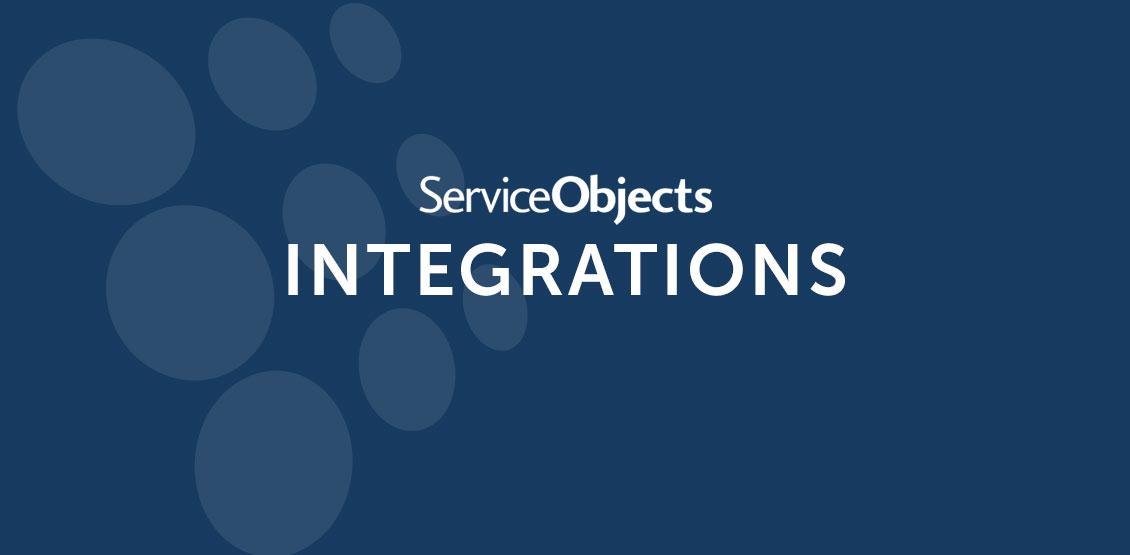What is the best marketing database of all?
Statistically, it is your own customers. It has long been common wisdom that existing customers are much easier to sell to than new prospects – but what you may not know is how valuable this market is. According to the Online Marketing Institute, repeat customers represent over 40 percent of online revenue in the United States, while being much less price-sensitive and much less costly to market to. Moreover, they are often your strongest brand advocates.
So how do you tap into these customers in your online marketing? They didn’t share their eBay account or their Facebook page with you – just their contact information. But the science of data onboarding helps you turn your offline data into online data for marketing. And then you can do content channel or social media marketing to people who are not just like your customers, but are your customers.
According to Wikipedia, data onboarding is the process of transferring offline data to an online environment for marketing purposes. It generally involves taking this offline data, anonymizing it to protect individual privacy, and matching components of it to online data sources such as social media or content providers. Beyond monetizing customer information such as your CRM data, it has a host of other applications, including:
- Look-alike marketing, where you grow your business by marketing to people who behave like your customers
- Marketing channel assessment, where you determine whether your ads were seen and led to increased sales across multiple channels
- Personalization, where you target your marketing content to specific customer attributes
- Benchmarking against customer behavior, where you test the effectiveness of your marketing efforts against actual customer purchasing trends
This leads directly to the question of data quality. The promise of marketing technologies such as data onboarding pivots around having accurate, up-to-date and verified data. Bad data always has a cost in time and resources for your marketing efforts, but this problem is magnified with identity-based marketing: you lose control of who you are marketing to and risk delivering inappropriate or confusing brand messages. Worse, you lose the benefits of customizing your message to your target market.
This means that data validation tools that verify customer data, such as email addresses, help preserve and enhance the asset value of your offline databases. Moreover, you can predictively assess the value of marketing leads through cross-validating data such as name, street address, phone number, email address and IP address, getting a composite score that lets you identify promising or high-value customer data at the point-of-entry.
Online marketers have always had many options for targeting people, based on their demographics, activity, or many other criteria. Now your existing customer database is part of this mix as well. As your data becomes an increasingly valuable marketing asset, taking a proactive approach to data quality is a simple and cost-effective way to guard the value of this information to your marketing – and ultimately, your bottom line.





